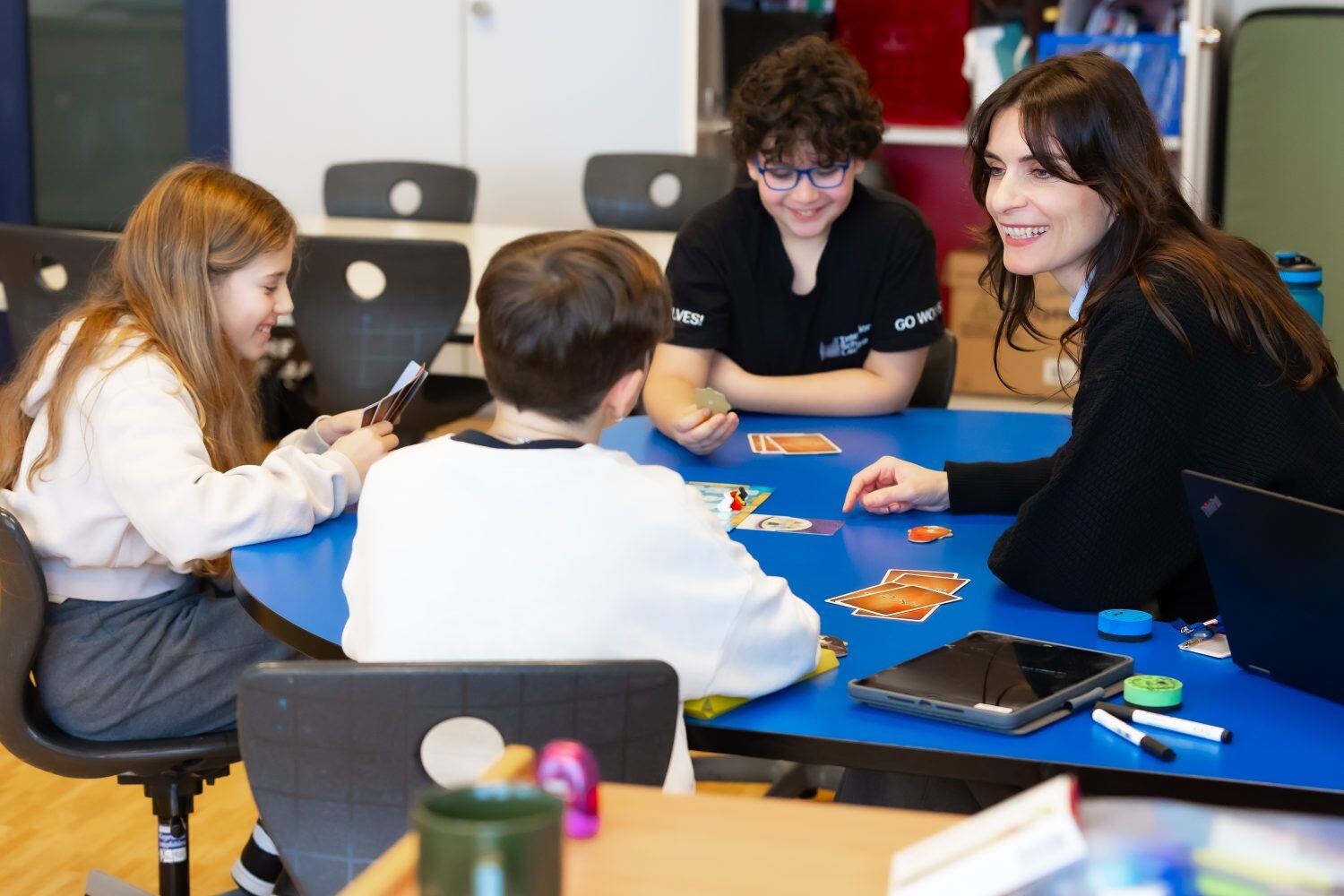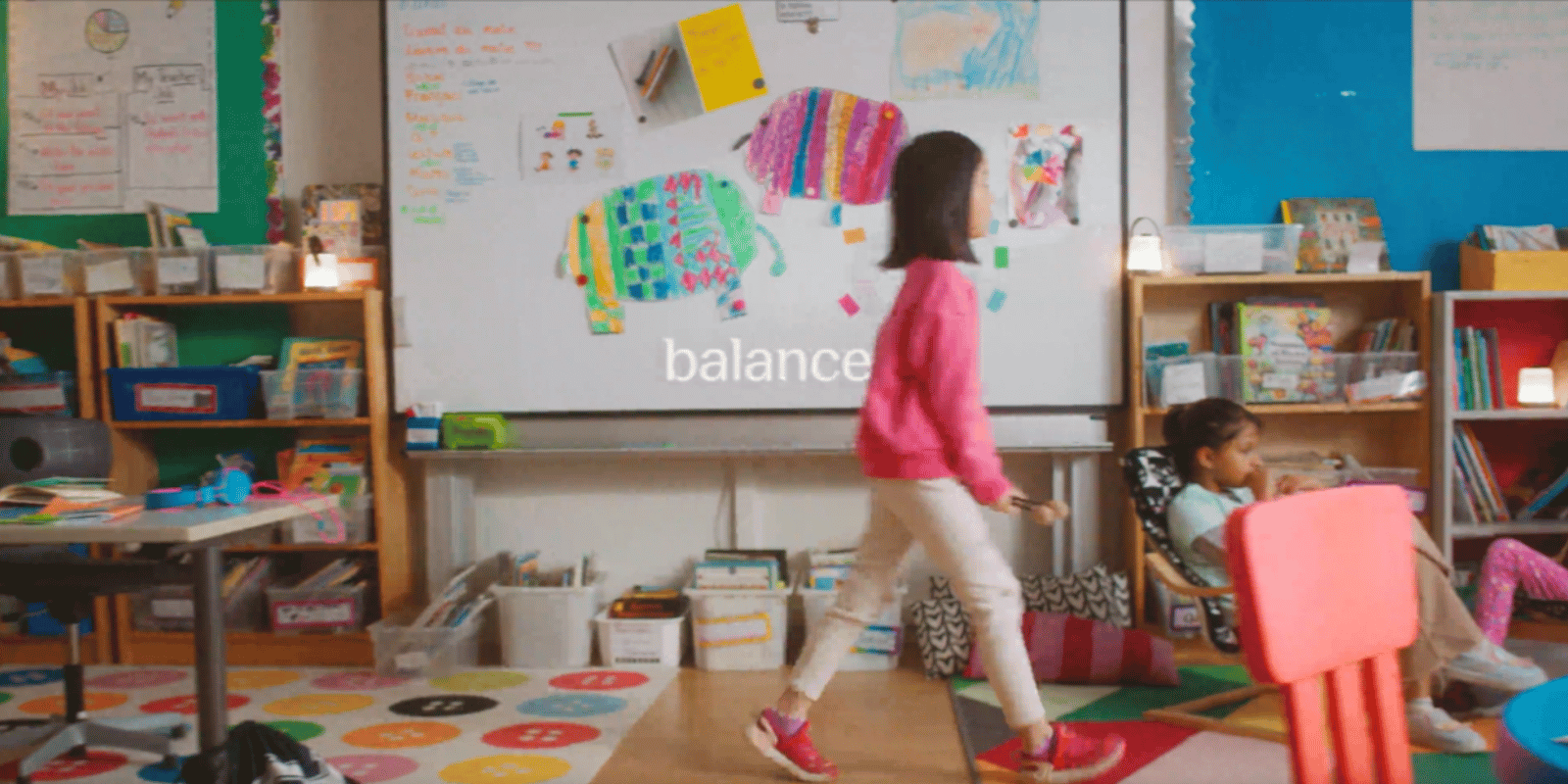Early Childhood
3-5 year olds
About us
Student Life
Community
Contact
ISL Holiday Camps
The ISL Holiday Camps are dedicated to delivering safe, fun, and stimulating holiday experiences in the outdoors.
Discover
About us
Student Life
Community
Parent Teacher Association (PTA)
Alumni & Friends Community
Parent Hub Programme
Family Life in Lausanne
Contact
ISL Holiday Camps
The ISL Holiday Camps are dedicated to delivering safe, fun, and stimulating holiday experiences in the outdoors.
Learn
Admissions
Blog CampsParents




WELCOME
Founded in 1962, the International School of Lausanne is a not-for-profit, International Baccalaureate (IB) World School. We welcome students from 3 to 18 years of age. We are the only IB World School in the Lausanne area offering the IB Primary Years, Middle Years, and Diploma Programmes.
GRADUATING CLASS OF 2025
Our students leave with a sense of unlimited opportunity. They have the self-knowledge, confidence, and ambition to achieve their goals and make a positive contribution.
35.7
AVERAGE ISL IB DIPLOMA CANDIDATES SCORE IN 2025
30.6
GLOBAL AVERAGE IB CANDIDATES SCORE IN 2025
99%
ISL STUDENTS PASSED THE IB DIPLOMA IN 2025
Are you interested in discovering what makes the International School of Lausanne (ISL) one of Switzerland’s leading IB World Schools? By completing the inquiry form , our Admissions Team will be happy to provide you with tailored information about our programmes, campus life, and community.
Whether you would like to learn more about our bilingual pathways, academic excellence, or the wide range of after-school activities offered, this is the best way to start your ISL journey.
Take the first step today — tell us a bit more about your family and we will get in touch to help you explore how ISL can support your child’s learning and growth.

We are committed to excellence in education. We strive to recognise the unique potential of each student, and to equip them to play an active and responsible role in a complex, multicultural world.

ISL – A new perspective on life
Choosing the right school for your children is a pivotal decision, and we’re thrilled that you’re considering the International School of Lausanne. Unlike traditional open houses, we believe in offering flexibility to accommodate your busy schedule.
Book your tour today and discover firsthand why ISL is the ideal educational environment for your family.
PEOPLE OF ISL

ISL Impact Hub
22 December 2025
Exploring Innovation: ISL Impact Hub Students Visit Nestlé Health Science R&D
Read more

Alumni and Friends
01 October 2025
ISL Alumna Emilie Andersen’s Artistic Path: Creativity, Community, and Opportunity
Read more

Secondary School
21 July 2025
Beyond the Canvas: A Celebration of Creativity at the Year 13 DP Visual Arts Exhibition 2025
Read more